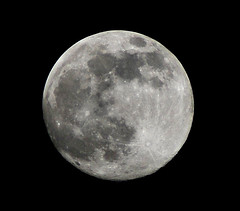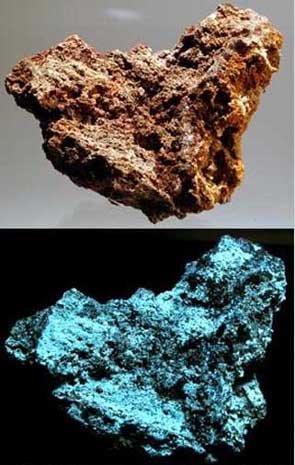Materialist Spiritual Desert
-
The head of the Christian Catholic church, Pope Benedict XVI is in Australia attending World Youth Day celebrations. Prior to being elected Pope he was Cardinal Joseph Alois Ratzinger, originally from Germany. Depending upon how you do the counting there have been either 14 or 17 guys who took the name Pope Benedict before Cardinal Ratzinger. (LINK: http://en.wikipedia.org/wiki/Pope_benedict )
-
For many years he was the "heavy" or the enforcer for Pope John Paul II. He did his job well, and many assumed that he was an authoritarian. Now that he is the top man in this church his true personality is emerging. He is a very intellectual man who speaks several languages, he likes cats, and he enjoys playing the piano. He is also an amazingly humble man. I am not a Catholic but I find the man to be delightful.
-
Today's newspapers quote him as warning the Australian youth to watch out for the materialist "spiritual desert."
-
That is such an intriguing phrase. The Pope is quoted as saying, "In so many of our societies, side by side with material prosperity, a spiritual desert is spreading -- an interior emptiness, an unnamed fear, a quiet sense of despair."
-
The Christian mythology is founded upon lots of highly improbable events. The most famous is the story of the carpenter from Nazareth, a charismatic dark skinned middle eastern Jewish guy named Jesus, coming back to life after his corpse had been gradually decaying and bloating up for 3 days. Allegedly this man's mother had never had sex with a man...she was a virgin when she got pregnant with Jesus. God impregnated her without breaking her hymen. After Jesus grew up he knew how to walk on the top of water and he could magically turn water into wine in large quantities. The Christian stories tell of bushes spontaneously combusting into fire, and of religious leaders who could part the waters of the sea so that people could safely walk on the sea bed. Fun stories for ignorant and uneducated people, but no longer relevant when most people can read and have access to much of the world's sum of knowledge by the internet.
-
Nonetheless, children who grow up with no moral or ethical beliefs turn into completely arrogant and self centered adults. They behave in very negative ways which are not compatible with the long term survival of the human species.
-
I take issue with some of the Catholic Christian beliefs, like the priesthood preferring to have anal sex with young boys rather than being allowed to marry women and openly have children. But most of the teachings outlined in the 10 commandments I heartily agree with.
-
The world has seen many different religious orders. Click on this link to see an interesting list: http://en.wikipedia.org/wiki/List_of_religions
-
These religions, whether it be Christianity, Judaism, Buddhism, Hinduism, Shintoism, or the others all are an attempt by great human minds to describe a phenomenon so large and wonderful and intelligent that the human brain is incapable of understanding or describing even a small part of it. A good analogy would be ants. They are smart and have well organized societies. But if they tried to describe Albert Einstein's theory of relativity their brain capacity would not be up to the job. Completely inadequate.
-
As a young child you were lucky if you got to see all the zillions of stars in the sky in awe and wonder, and think about the incredible size of it all. When your first child is born some adults get a brief glimpse of it. Really great scientists are in complete awe at the beauty and complexity of nature. Sometimes the natural beauty of a flower or the wilderness gives me a view of it.
-
So yes I do indeed believe in God. Or the "supreme being" as some prefer to call him/her.
-
But I have come to the conclusion that once you ORGANIZE a religion, write sacred texts which cannot be questioned, require financial contributions to support the clergy, and build massive temples it normally goes very wrong indeed. Sometimes wars are even fought and people die because of subtle differences in religious beliefs!
-
-
-
-
-
-
-
-
--


























